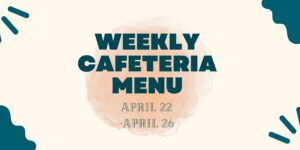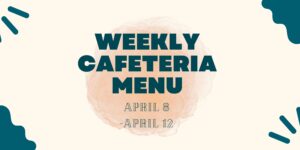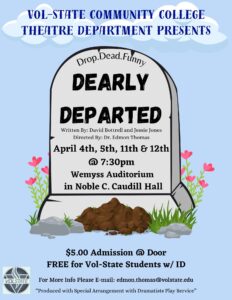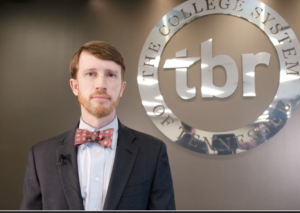Last updated on April 16, 2018
By Blake Bouza
(Read Part 1)
Last time when we were discussing the state of information in the world, we touched lightly on how essential the Internet has been in being the glue that cements confirmation bias.
“When people believe something that the vast majority does not, it gives them a sense of belonging and when everybody is against them, it reinforces that belief,” said Jonathan Martin, a lab tech in the biology department at Vol State.
The belief is reinforced because people believe opponents argue the supposed truth because they are motivated by an agenda.
The Internet has done wonders for this phenomena, which gives these people the tools to pick and choose the information that they consider to be worthwhile and factual.
Now last time, we discussed the conspiracy theory of the flat earth in depth. Conspiracy theories are fake news taken to the extreme. Confirmation bias is, in large part, the only reason a conspiracy theory such as the flat earth can thrive.
Fake news can be anything from an email scandal and the supposed implications thereof, to an affair with a porn star with greater national importance.
Often times it can be a simple rumor that gets blown far, far out of proportion.
Growing up, I heard this remarkable rumor that J.K. Rowling, world-renown author of the Harry Potter series, was a witch.
Like a real witch, not just a grumpy person.
I was not allowed to read the series because of this.
In that time the Internet was not observed as a place of questionable information put forth by individuals of even more questionable motive.
When I got older, I did a little digging on my own and found that there was quite literally nothing substantial to support this rumor and common misconception among the circles I ran in.
The Internet, though, let me be clear, is not the enemy. Our willingness and our priorities are.
Obviously we should not take everything at face value, yet it is much easier to do so when an article or headline is found to be agreeable with our own outlook on life.
“If you believe something is true, you privilege the information available to you that supports that position. And if you think any information about that same topic disproves it, you disregard, discount and ignore,” said Dr. Clark Hutton, chair of philosophy.
Dr. Philip Clifford, assistant professor of biology, agreed with this line of thinking
“It’s much cleaner to try and tear something down and fail than to try and support something. If you try to support something, all you have to do is ignore everything to the contrary,” said Clifford.
“There’s also this notion with education that if our priority is to seek a better understanding on a subject, and a willingness to do so, that must be the objective driving force behind our actions in committing to good research.
If our priority is to have our own biases confirmed, there may be the issue.
Once our motivation behind seeking out information is clearly stated, good research and the ability to discern that research is essential more than ever before in our day and age.
For comments and letters to the editor, email me: bbouz@volstate.edu




Comments are closed.